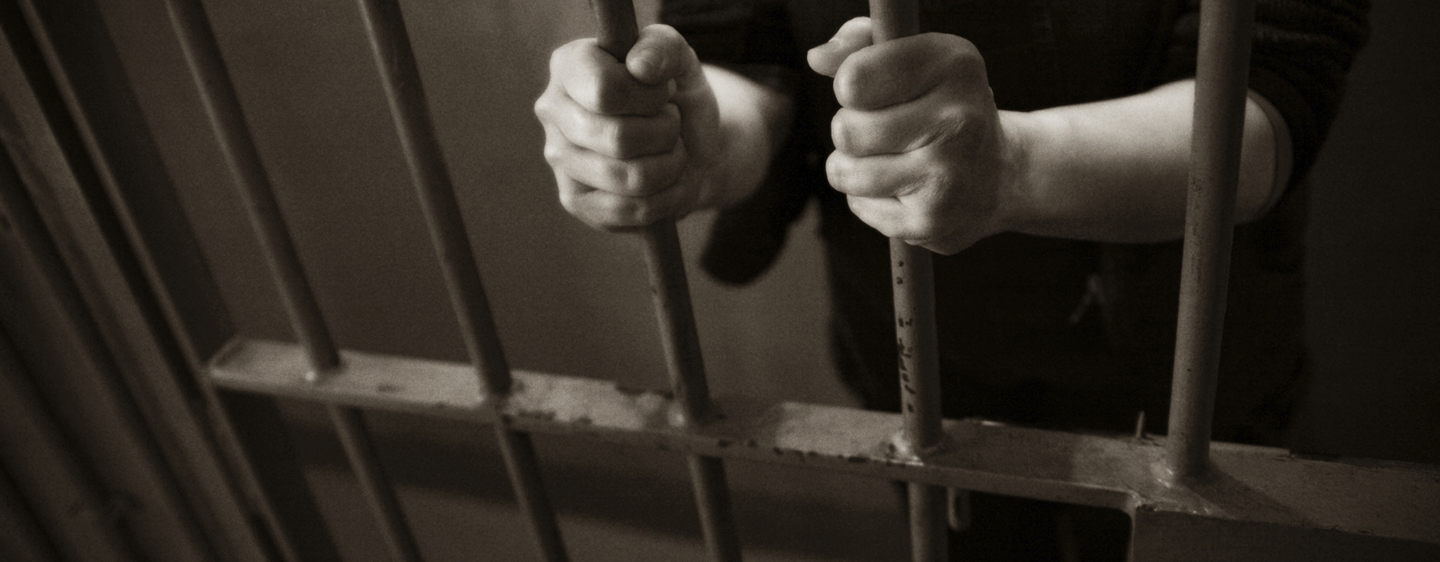Undertrial prisoners account for two-thirds of the prison population in India.
According to Prison Statistics Report 2015, the number of under-trial prisoners in India has significantly increased over the years. An undertrial prisoner is a person who is detained on the suspicion of commission of an offence while the trial is going on or is awaited. Undertrial prisoners account for two-thirds of the prison population in India.
The National Crime Records Bureau data reveals that as of 31st December 2016, there is more than 2.94 lakh undertrial prisoners across the country. Out of them, more than 36,000 had been in prison for more than a year. The detention period of almost 20,000 prisoners was 2-3 years and over 11,000 remained under detention for 3-5 years while about 4,000 suspects were awaiting trial for more than 5 years.
It is also notable that between September 2014 and February 2015 there were over 82,000 instances where undertrial detainees were not produced before a court of law.
The long pendency of cases and trials have led to overcrowding of prisons in India. A large number of undertrial prisoners indicates inefficiency and snail pace of justice in India.
The overcrowding of prisons also imposes a substantial cost to the taxpayers since they must provide for the food, clothing, health, and other necessary prison infrastructure. The expenditure per prisoner varies from state to state. In Bihar, the expenditure per day on prisoners is ₹229 whereas New Delhi spends ₹201 per prisoner per day.
A large number of undertrial population also affects the human capital of the nation and causes significant economic losses because it renders a large number of working age population behind bars and away from gainful employment without them being convicted by a court of law.
There are various reasons why trials take a long time to reach their conclusion in India. One of the main reasons is the lack of access to legal services by undertrial persons if they cannot afford a lawyer. The government guaranteed the right to be represented by a lawyer if a person is unable to afford one, however, low remunerations and complicated procedural rules restrict access in most cases. According to a report by Amnesty International in 2014-15, 23 prisons in India have no legal-aid lawyers.
Read More: Justice Delayed is Justice Denied
The negligence of police officials with respect to loss of documents and mishandling of evidence is another reason for pending trials. The problem is further aggravated by the shortage of judges and experts to speedily dispose of criminal cases. There are only 18 judges available per million population in India.
As a civilized democracy, it is highly concerning that thousands of people must spend years in prisons without being convicted of a crime. The criminal justice machinery of the state is broken and needs to be reformed urgently. The first steps towards restoring the rule of law and ensuring timely justice would be to develop additional human resources and legal infrastructure to promptly adjudicate in criminal matters.

